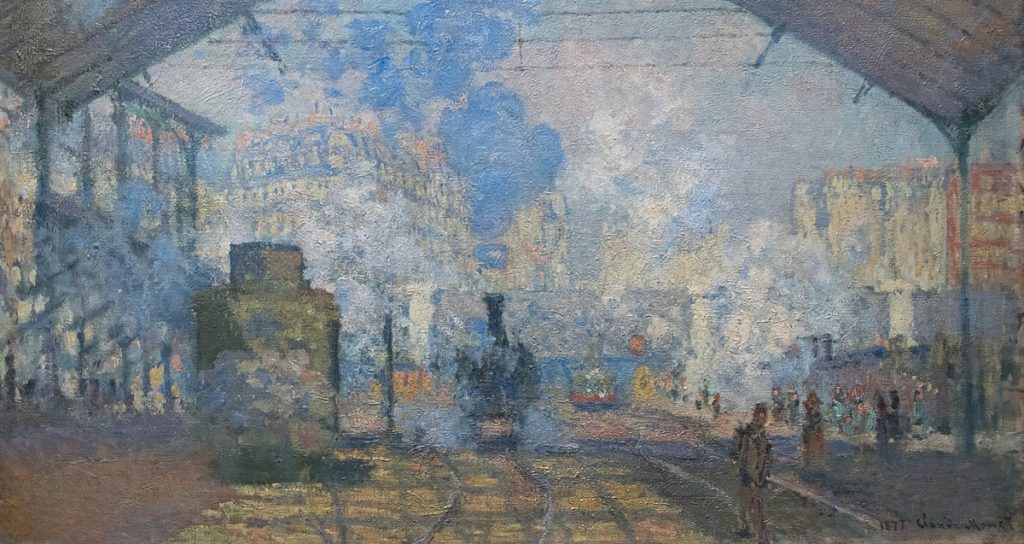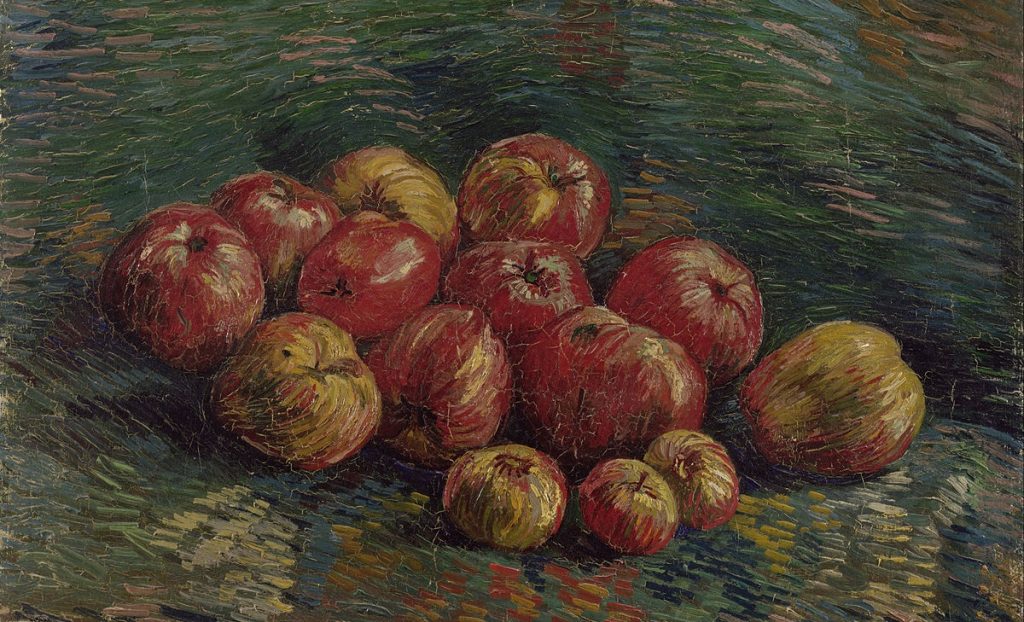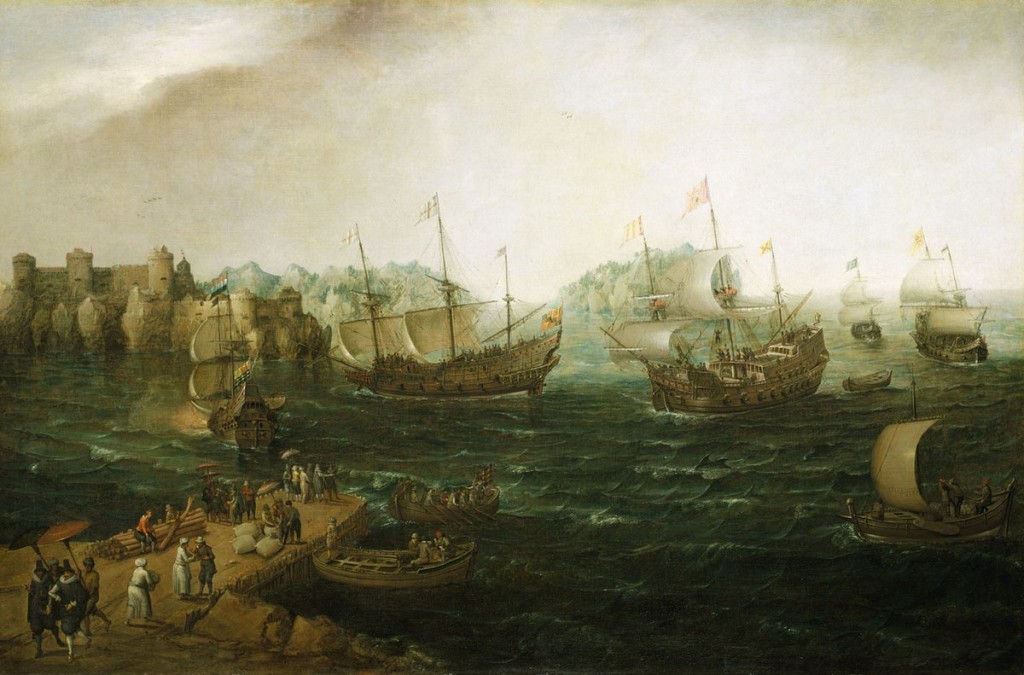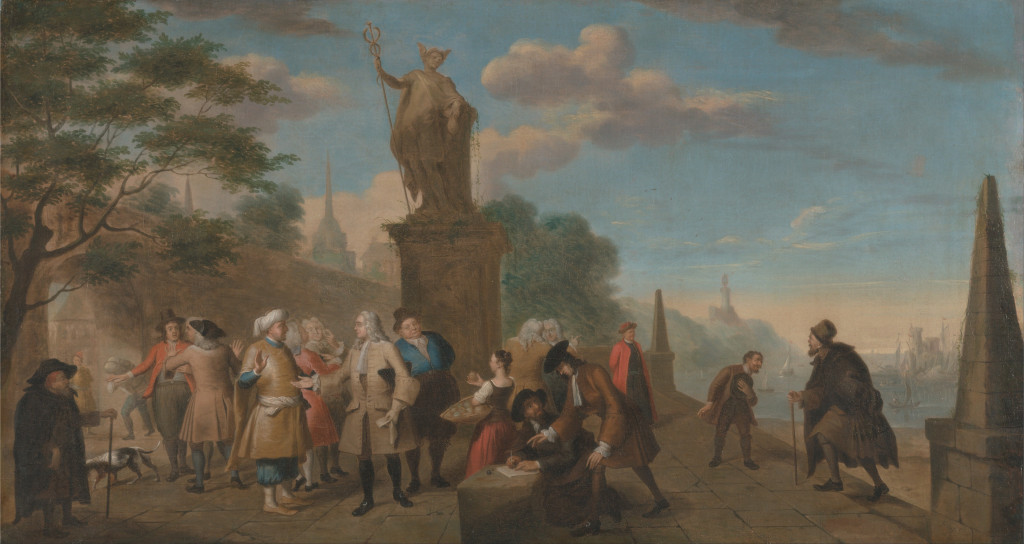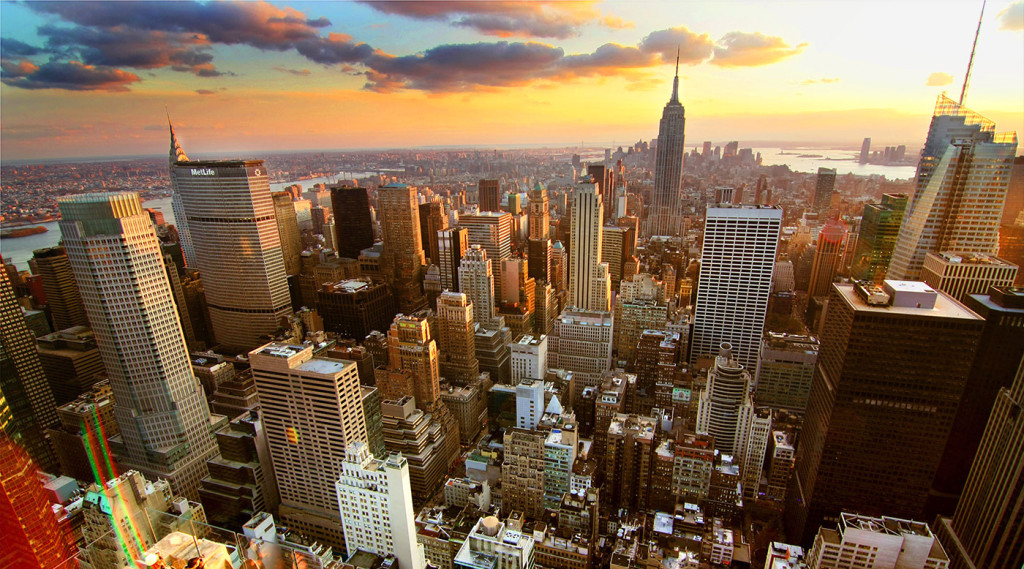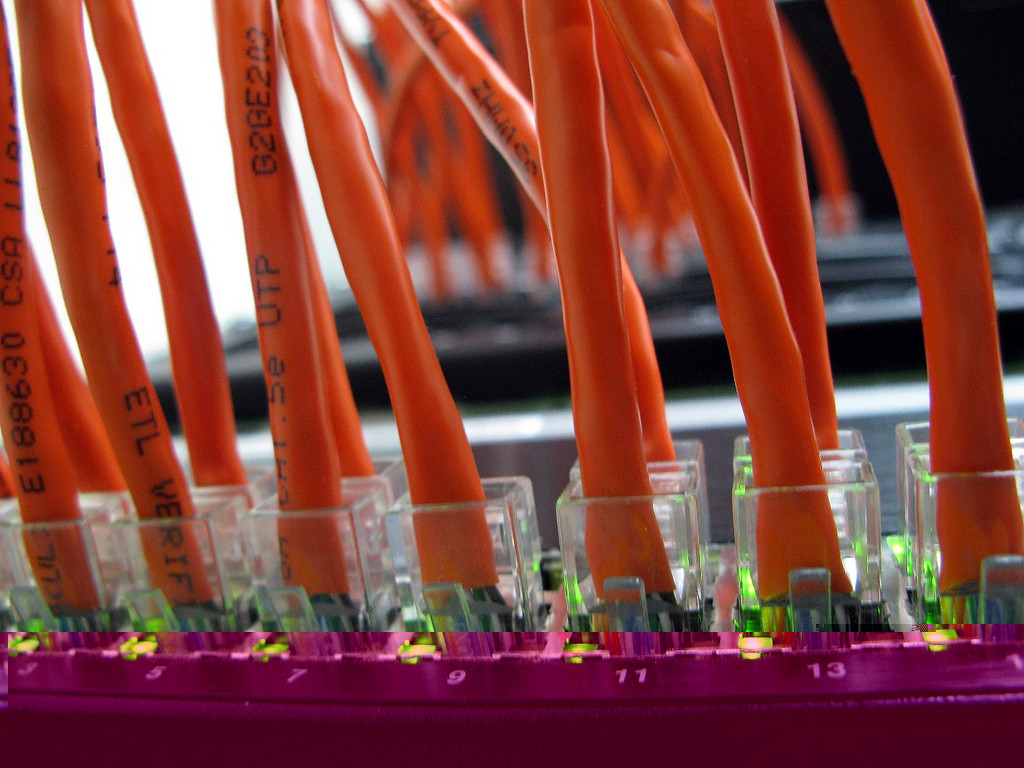
Delaying Mercosur Agreement Harms Poland and Europe
BY
FOR / May 15, 2025
After 25 years, negotiations have concluded on a trade agreement between the European Union and Mercosur, a bloc of South American countries. It aims to significantly liberalize trade between the two regions by eliminating tariffs on 91% of goods, reducing the remaining ones, and removing non-tariff barriers.



